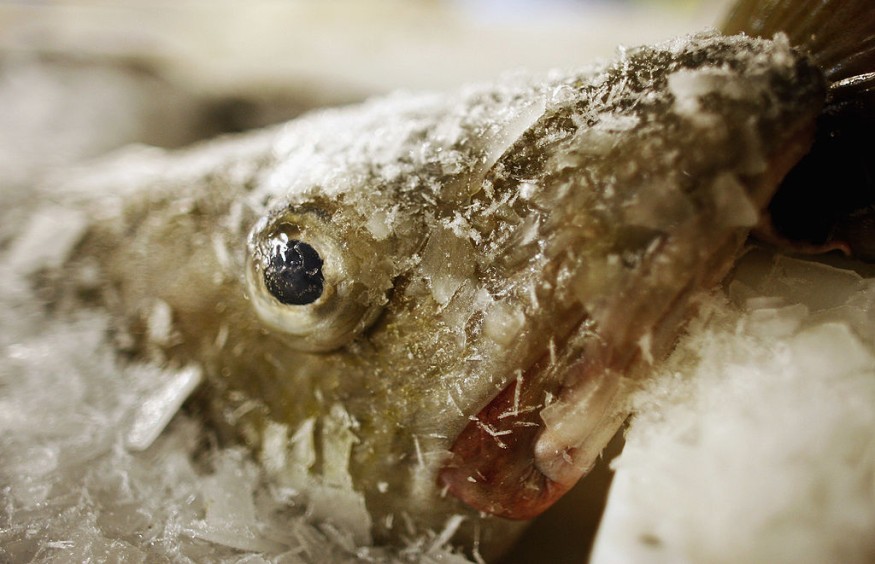
Your favorite cod and chips could soon be off the menu as the warming waters kill off these popular fish species. According to a new study, warming waters will affect fish population and cause a huge species reshuffle.
Due to rising sea temperatures, scientists predict fewer popular fish species will be available over the next 200 years, Mail Online reported. "While the species we fish today will be there tomorrow, they will not be there in the same abundance," warned Dr Malin Pinsky, co-author of the study.
A team of researchers from Rutgers University set out a study to understand how popular fish species such as cod will be affected by warming waters. This "go-to-meal" would soon be "off the menu", the team suggests, if sea temperatures due to climate change continue to rise. This is because fish will be forced out of their natural geographic ranges and will become harder to catch.
Consequently, larger top predators will remain in their habitats and feed off smaller prey that moves to their pre-warming ranges.
They Will Be There, But Not in the Same Abundance
"Warming coupled with food-web dynamics will be like putting marine biodiversity in a blender," said Dr Pinsky. He further explained that from a fisheries perspective, "while the species we fish today will be there tomorrow, they will not be there in the same abundance."
Subsequently, overfishing will be apparent given that population growth rates of fishes are lower, resulting to fewer fishes to eat, according to Today Online.
For a long while, there have been a few studies about the wider implications of climate change for ocean communities. However, the team, in their new study, focused on assessing trophic interactions, where one species is being nourished at the expense of another.
Using computer models, the researchers found that warming waters will cause a huge species reshuffle, driving away smaller fishes into cooler waters where predators are present.
Also read : An Ancient Tsunami-Unleashing Earthquake 3800 Years Ago Sent Humans into Hiding for a Thousand Years
"Dramatic" Reorganization of Life on Earth
In over 200 years of warming, fish species will "be in the process of shifting their ranges," explained lead author, Dr E.W Tekwa. "Even after 200 years, marine species will still be lagging behind temperature shifts, and this is particularly true for those at the top of the food web," he added.
This can be particularly worrying, as these changes are likely to affect fish around the world, "not only in once place, but globally," said Dr Pinsky. Since this effect has not yet been widely recognized, marine life will truly struggle to thrive.
Moreover, not only did the warming ocean reorganize sea life, but also shrinks our favorite commercial fish including cod and haddock in the North Sea and West of Scotland, according to Daily Mail. Experts from Aberdeen analyzed 30 years of trawl survey data on cod and haddock and found that the size of adult fishes has been decreasing.
These changes in size are also relatively due to increases in bottom sea temperatures. While the long-term forecast on reduction in commercial fishery is currently not known, the short-term effect should be as worrying.
Related article : Genetic Link Found Between the Development of Humans and Sea Anemones
© 2026 NatureWorldNews.com All rights reserved. Do not reproduce without permission.





